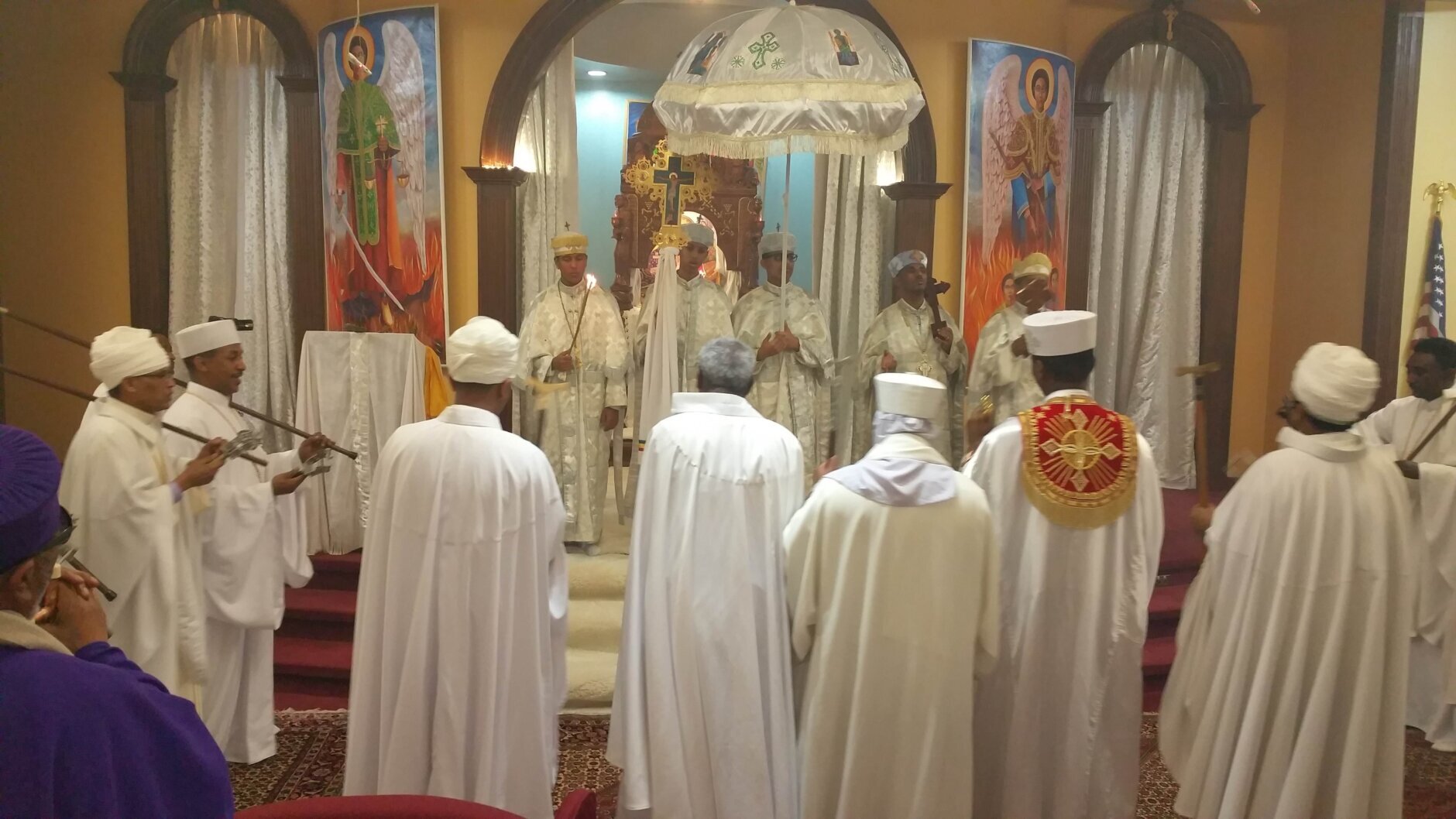
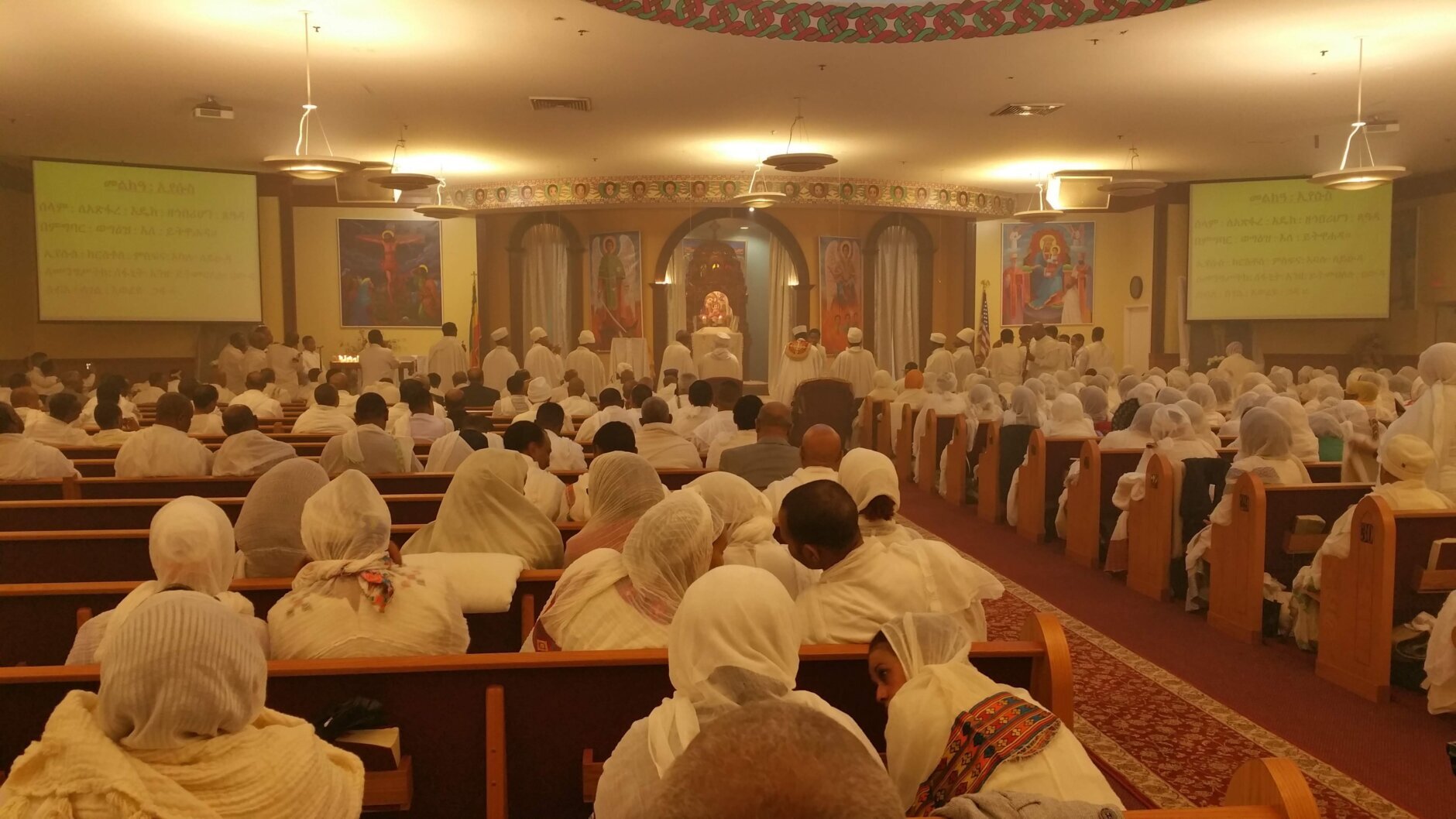
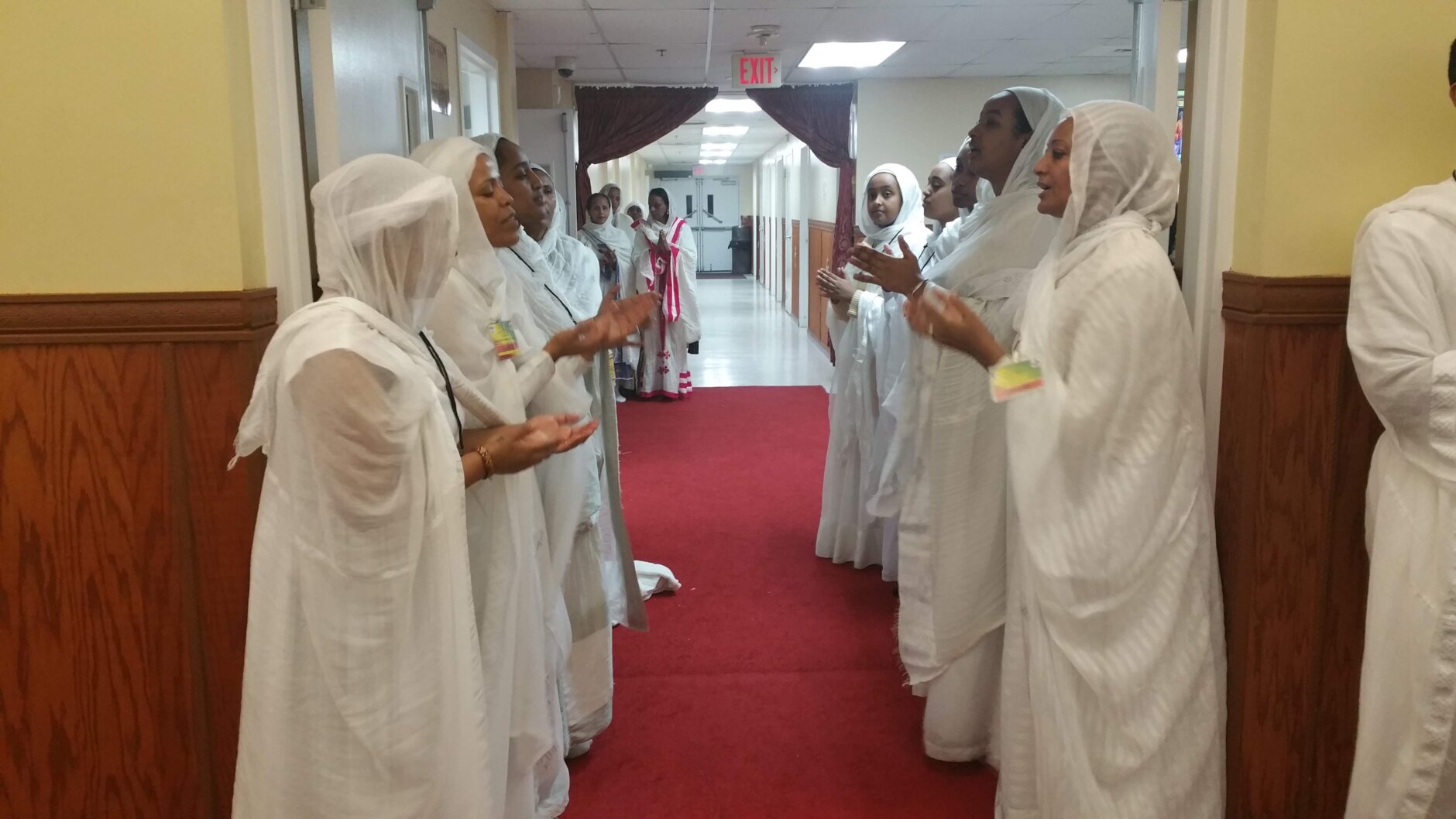
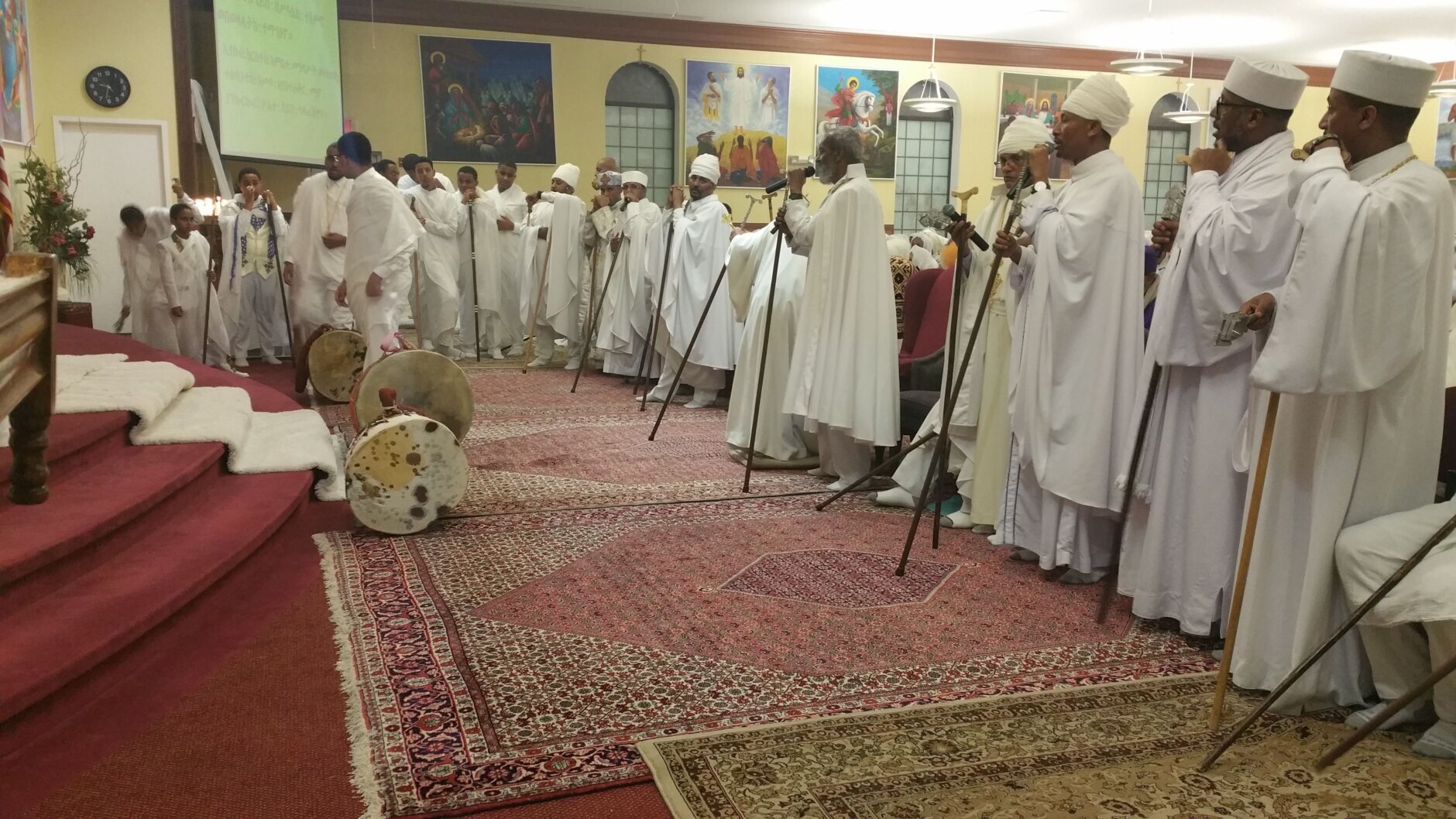
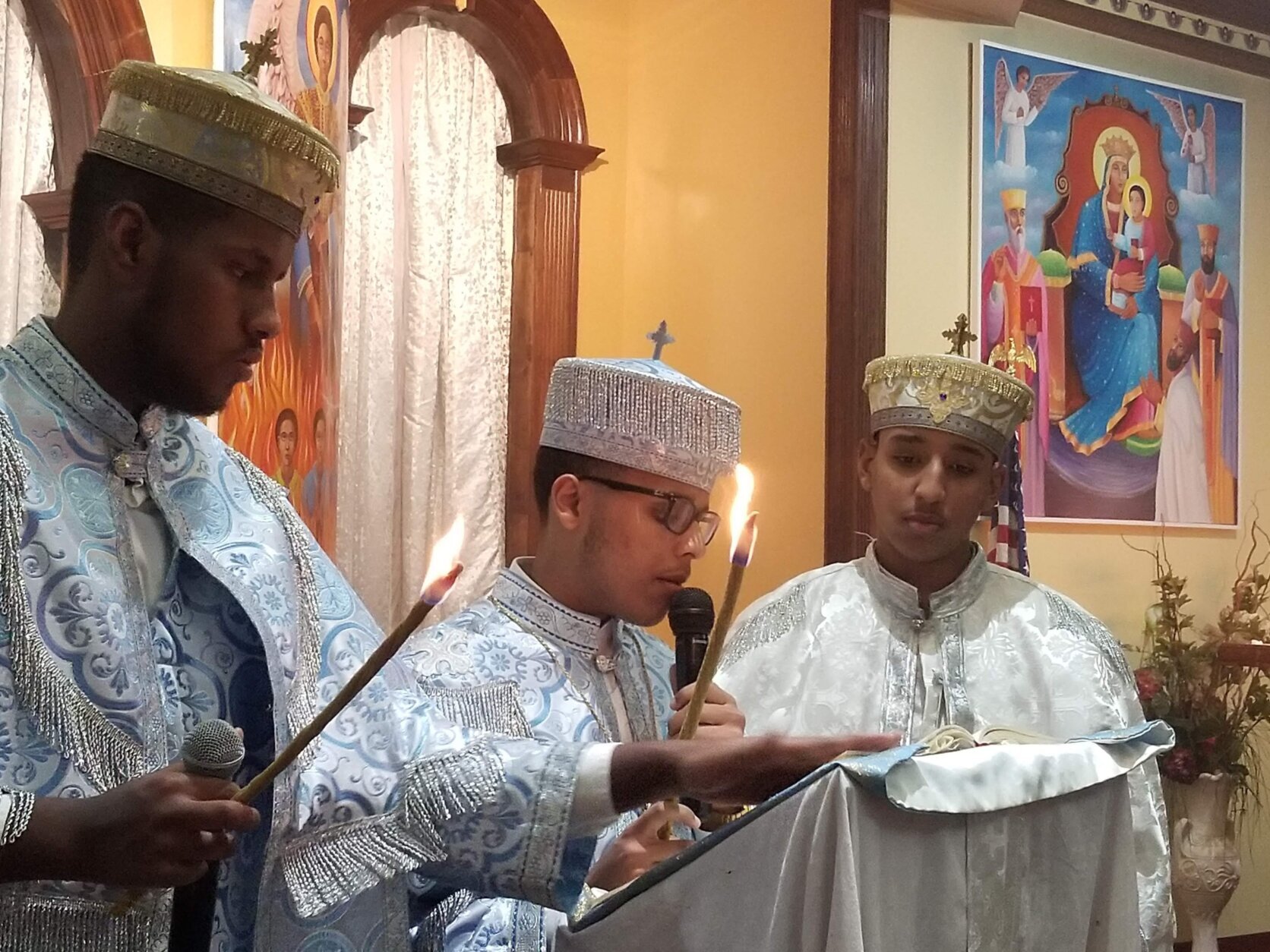
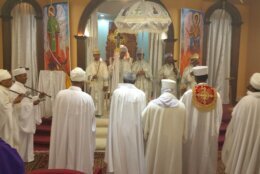
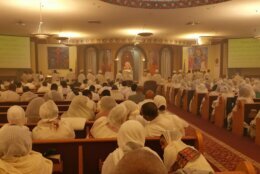
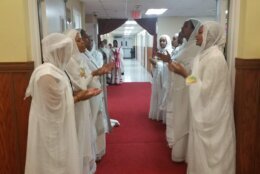
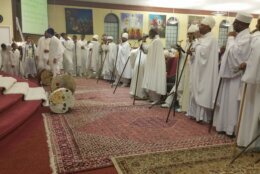
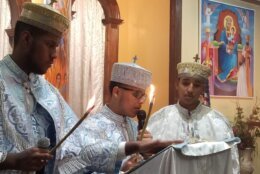
When people think about Christmas, they typically think about Dec. 25 and exchanging gifts – but not all cultures celebrate on that day, or exactly that way.
Orthodox Christian churches for different cultures including Ethiopian, Eritrean, Greek, Russian, and Serbian celebrate their annual Christmas Day on Jan. 7, in accordance with the Julian calendar as opposed to the Gregorian one most cultures follow.
Christmas for Orthodox Christian Serbians is called Božić. For Eritreans, it is Lidet. And for Ethiopians, Genna is one of the major holidays in which observers celebrate Jesus’ birthday after 43 days of Tsome Nebiyat, or the Feast of the Nativity of Jesus. It’s one of the seven fasting seasons of the Ethiopian Orthodox Church, where people avoid meat and dairy products and alcoholic drinks.
People may not find many Christmas trees, presents and twinkling lights during Genna, but according to Kesis Nehemiah Getu, who is a priest at Debre Genet Medhane Alem Ethiopian Orthodox Church in Temple Hills, Maryland, that “does not detract from the festivity and beauty,” or “magic” of the holiday.
“Genna holiday is marked by good food and coffee, time spent with family and friends,” Getu said.
Ethiopians celebrate the day with a famous dish called Doro Wot, which is a spicy chicken stew accompanied with different side dishes. They also typically play a game called Yegena Chewata, which is like hockey, where they pick up curved, wooden sticks and play with a wooden ball on two goals.
Habeshas typically wear a netela, which is a white cotton garment and attend their local parish churches to celebrate through the night. The service starts with prayers, liturgy and then participation of the Holy Communion with readings of Bible verses of Christmas preaching.
For Getu, it’s always a celebration of service, as he was ordained to priesthood on Jan. 7, 16 years ago.
“It is a day of celebrating the birth of Christ in which the fulfillment of hope was imminent and the restoration of the relationship between humans and God,” he said. “It should mean that we restore our love and hope between us.”








